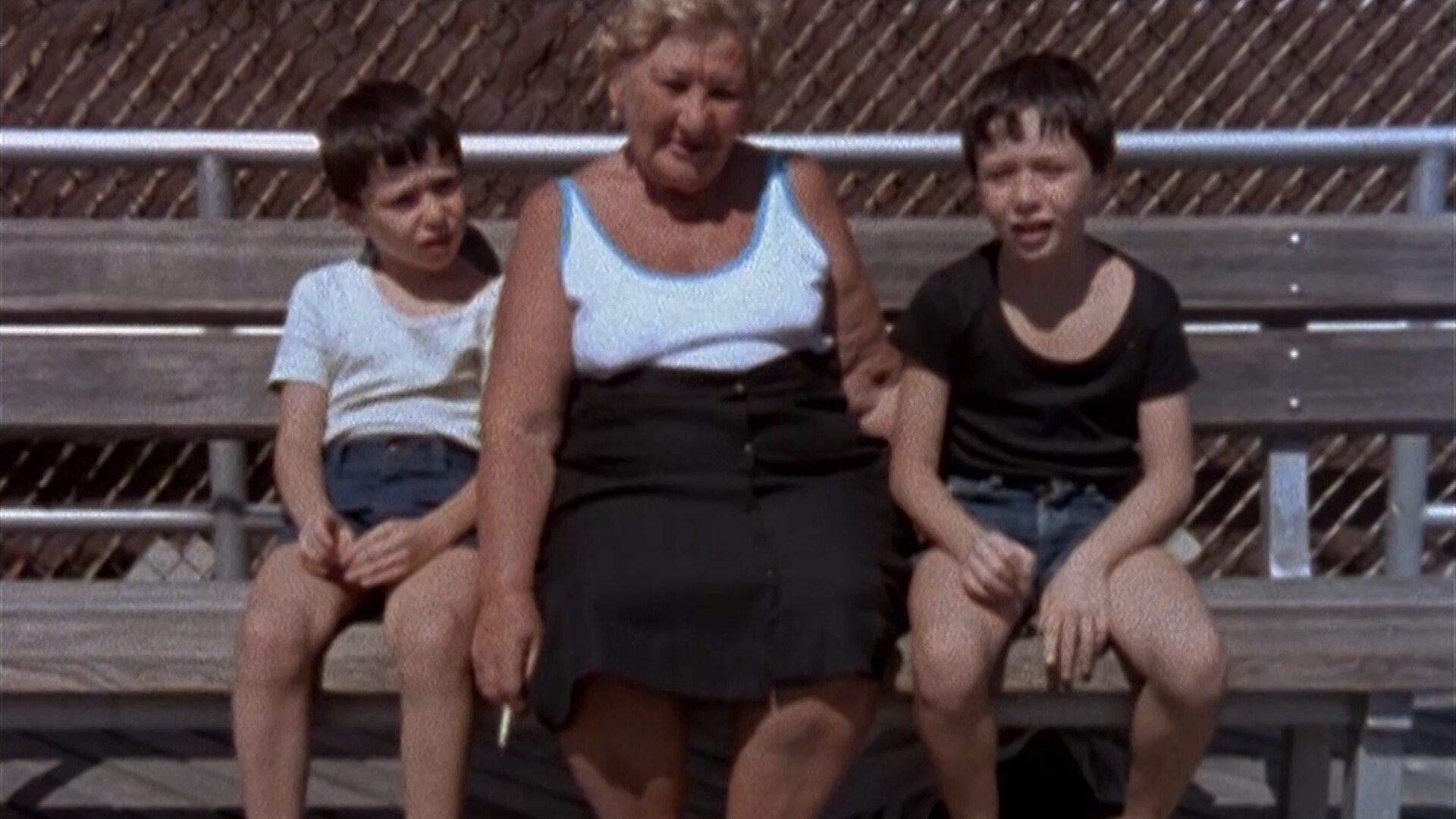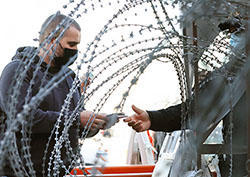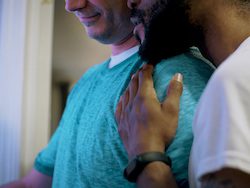Once Refugees, Now Veterans
By Max J. Rosenthal, HIAS.org
Nov 09, 2020
It was a U.S. Navy ship that gave Huey Nguyenhuu a lifeline — and a future calling.
On July 15, 1980, Nguyenhuu was stranded aboard a small boat in the South China Sea. A group of Vietnamese refugees had used the vessel to escape their war-torn country two weeks earlier. Now the boat’s engine was broken, they were out of food and water, and several people had already died. It was a grim way for Nguyenhuu to mark his 15th birthday.
It was also the day that USS Joseph Strauss, a U.S. Navy destroyer, rescued the refugees at sea. Nguyenhuu’s ordeal was over, and his life as an American had started; he was allowed to settle in the United States as a political refugee. After he graduated college, he decided it was time to give back to the people who had saved him.
“I am so blessed that the Navy gave me a second chance at life,” he said, “so I submitted my resume for the Naval Nuclear Engineering Program.” Nguyenhuu served for five years as a U.S. Navy officer, taking part in Operation Desert Storm in 1991.
His story is far from unique. Many refugees have felt the call to serve the country that adopted them. Some, like Alexander and Yevgeny Vindman, who were resettled from the Soviet Union by HIAS in 1979, spent long careers in the military. Others, like former Bhutanese refugee Tika Dahal, of Pittsburgh, spent just a few years in uniform. But all did so out of a sense of gratitude to the United States and desire to repay the generosity of their new home.
“As soon as I settled here, I felt proud and wanted to give back to this country,” said Dahal, who served in the U.S. Army for two and a half years. After leaving the Army, he took a job at a veterans’ hospital. “I’m serving those who served us before,” he said. “It makes my day, every day, happy.”
This Veterans Day, HIAS is highlighting the service of refugees in the U.S. armed forces. Though refugees — and immigrants in general — are often demonized or blamed for America’s shortcomings, many have willingly risked their lives to defend our country throughout its history. Some, like U.S. Army Captain Michael Tarlavsky, a refugee from the Soviet Union who was also resettled by HIAS, never came home.
Refugee veterans' service and self-identification with the United States runs as deep as any native-born American’s. “I always told my children to be patriotic, because there’s no country like the United States,” said Morris Silver, 86, a Jewish refugee from Poland who survived an 11 year ordeal during World War II and later volunteered for the U.S. Army and served in Vietnam. “It gave me back self-respect.”
Our video, “Once Refugees, Now Veterans,” tells the stories of these refugees and reminds us that, as Nguyenhuu said, they “are part of that fabric of society.” You can watch the full video above, or see more about each refugee's personal story below or on our YouTube page.


